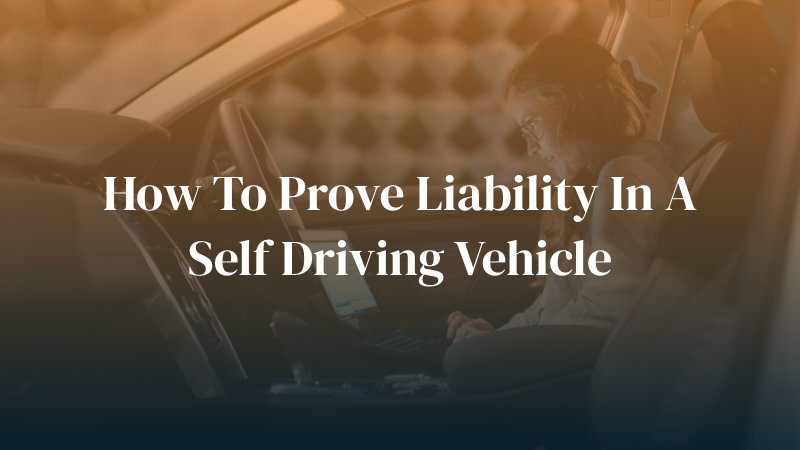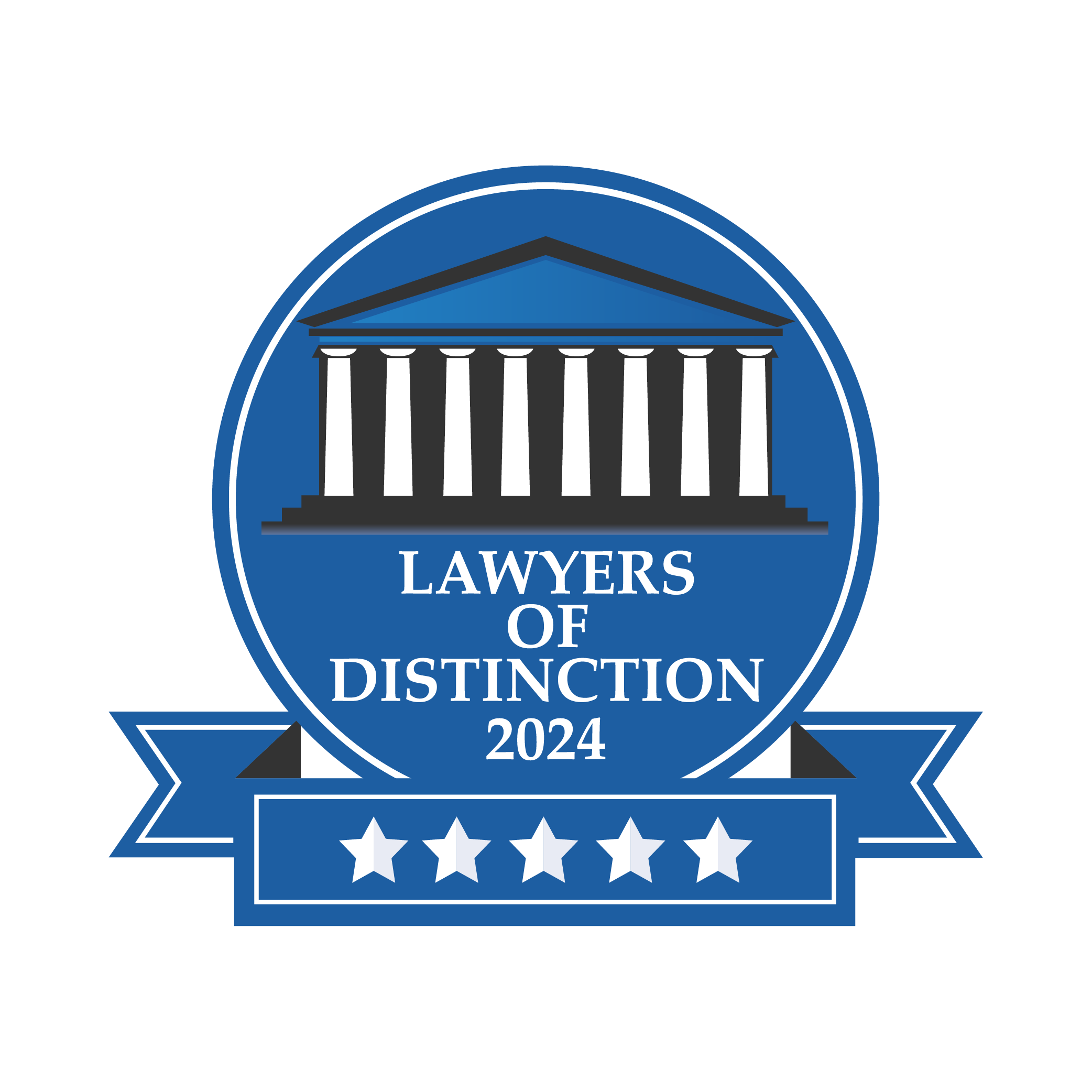Accidents involving self-driving cars occur due to a combination of technological limitations and human factors. Our Las Vegas car accident lawyers emphasize the importance of understanding the common causes behind these incidents, helping developers improve autonomous technology and guide drivers in safely interacting with these vehicles on the road. The following are some of the primary causes:
Sensor Failures
Self-driving cars rely heavily on an array of sensors to perceive their surroundings, including cameras, radar, and lidar. These sensors are constantly scanning for other vehicles, pedestrians, road signs, and lane markers to navigate safely. However, if a sensor fails or provides incorrect information, a self-driving car may not react appropriately to its environment. This sensory failure could lead to dangerous situations like veering out of the intended lane.
Software Glitches
Software issues in self-driving cars can lead to incorrect decisions by the vehicle’s driving system, affecting its ability to safely navigate roads. These glitches may stem from coding errors, integration problems between different systems, or unforeseen scenarios that the vehicle’s AI was not adequately trained to handle.
When the software that processes data and controls the vehicle’s movement malfunctions, it can cause the car to behave unpredictably – such as braking suddenly, veering off course, or failing to respond to traffic signals – increasing the risk of collisions.
Operator Error
Despite the high level of autonomy in self-driving cars, human oversight is necessary, particularly in complex or unforeseen situations where the vehicle’s AI is unable to make a safe decision. In these instances, the delay in human reaction when taking control of the vehicle can lead to accidents. Humans may not always be fully attentive or able to instantly assess the situation and respond appropriately, leading to errors in judgment or delayed reactions that compromise the car’s safety.
Poor Road Conditions
Self-driving vehicles are designed to navigate and respond based on clear road conditions and markings. When streets are poorly maintained, with issues like potholes, unclear lane designations, or missing traffic signs, these vehicles may struggle to operate as intended, which can potentially lead to accidents.
Weather Issues
In adverse weather conditions, self-driving vehicles can experience sensor functionality issues, as heavy rain, fog, or snow might disrupt their ability to clearly ‘see’ or perceive hazards on the road. This type of weather also affects these cars in the same ways it does conventional ones – by impairing traction and creating challenging driving conditions thereby increasing the risk of accidents occurring.

Proving Liability in Accidents Involving Self-Driving Cars
Proving liability in accidents involving self-driving cars can be complex, combining elements of product liability law, traditional car accident fault assessment, and sometimes even aspects of cybersecurity. To determine responsibility, it’s often necessary to undertake a detailed examination of the following:
The Vehicle’s Operating System: Analyzing whether there were any malfunctions or system errors that prevented the car from functioning correctly.
The Actions Taken by Any Human Operators: Establishing what role was played by the human sitting in the driver’s seat – such as overriding systems or simply not paying proper attention when required for safety protocols.
Manufacturer Defects: Investigating whether design flaws or manufacturing defects contributed to the incident.
Ultimately, to effectively investigate and prove liability in accidents involving self-driving cars, professional legal support is essential. If you have been involved in an accident with a self-driving car, whether as a motorist, passenger, or pedestrian, it’s important to seek legal guidance. Addressing liability and navigating the claim process can be especially challenging in these circumstances. Contact us today to schedule a free consultation.

